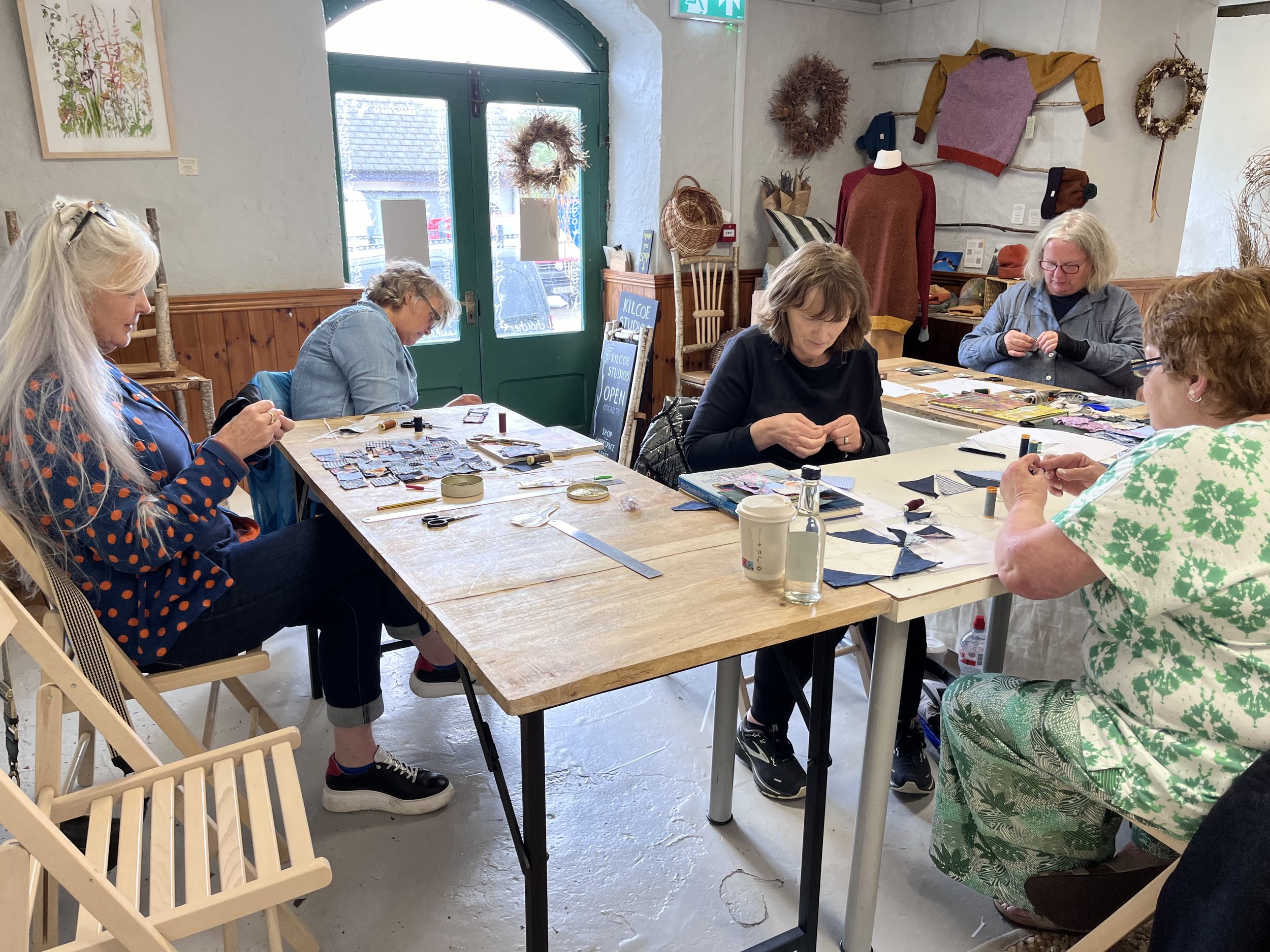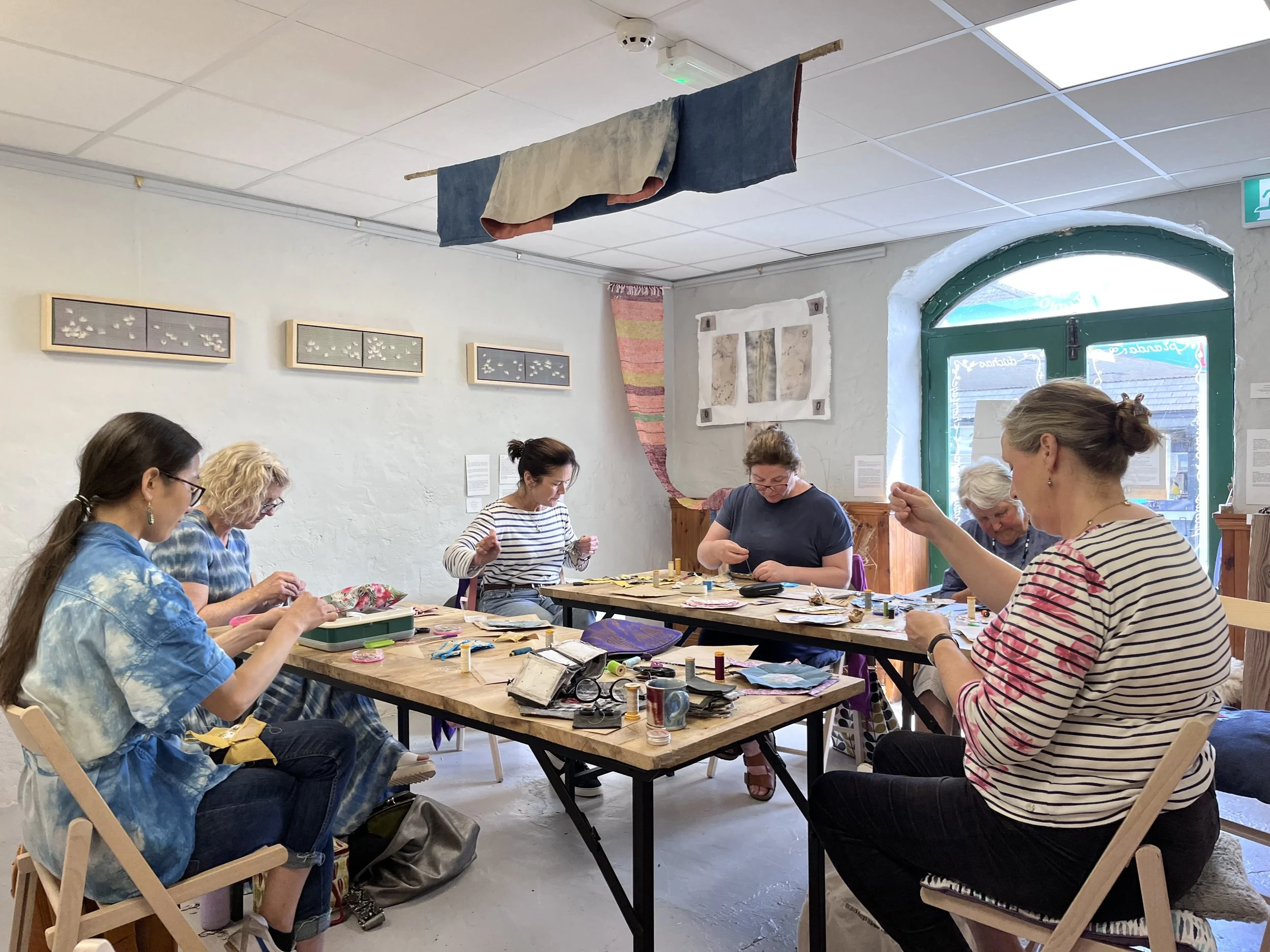Having a preoccupation with textiles and clothing has been a lifelong obsession. When consumed in studying fabric or planning a garment, awareness of everything other is suspended. It is my passion and as they say, I do what I love. Recently, I've been considering the wider impact of my choices when selecting fabrics and wondering where it's from exactly, who worked on producing it, were they paid properly and what was the effect on the environment? I've always opted for natural fibre fabrics and intuitively felt they should be environmentally preferable, but I wanted to research the facts.
Whilst still being a niche interest group, the Sustainable Fashion Movement is now well established and during recent years has been mentioned in the mainstream media increasingly regularly. The internet makes it easy to research for exponents and early adopters; there is no shortage of information. There is however, much debate over what is intended by Sustainable Fashion, it means different things to different people in different situations.
My epiphany was the idea that the principle of sustainability refers to the whole lifestyle of the garment, not just who made it, the materials used and the environmental impact, but also how many times it's worn, how it's looked after including washing and mending and then what happens to it at the end of it's life. Personally, I love the idea that a garment might be cut down to fit a small person, cut up for patchwork or made into a duster – very much better than going to landfill. For a garment to reach the end of it's life because it has been literally worn out, is the greatest compliment to it's maker. Designers have a huge responsibility to produce a garment that will endure for it's wearer by using quality materials, manufacturing to a high standard and creating timeless style.
Researching what it means to be sustainable and ethical in clothing I've found that, so far, there isn't a single interpretation, more that it is an evolving conversation. It is about rethinking our behaviour and relationships with fashion consumption in the same way we have become concerned for the provenance of food and interested in seeking out artisan food producers. Here are some definitions that resonate for me and are leading me to reexamine my own attitudes:
Sustainable Fashion - Produced in a non-wasteful process, re-using and recycling as much of the 'left over' material as possible.
Sustainability - a socio-ecological process characterized by the pursuit of a common ideal.
Sustainable - conserving an ecological balance by avoiding depletion of natural resources; causing little or no damage to the environment and therefore able to continue for a long time.
Ethical - being in accordance with the rules or standards for right conduct or practice; morally good or correct; a system of accepted beliefs that control behaviour, especially such a system based on morals
Artisan - a person that makes a high-quality or distinctive product in small quantities, usually by hand or using traditional methods.













